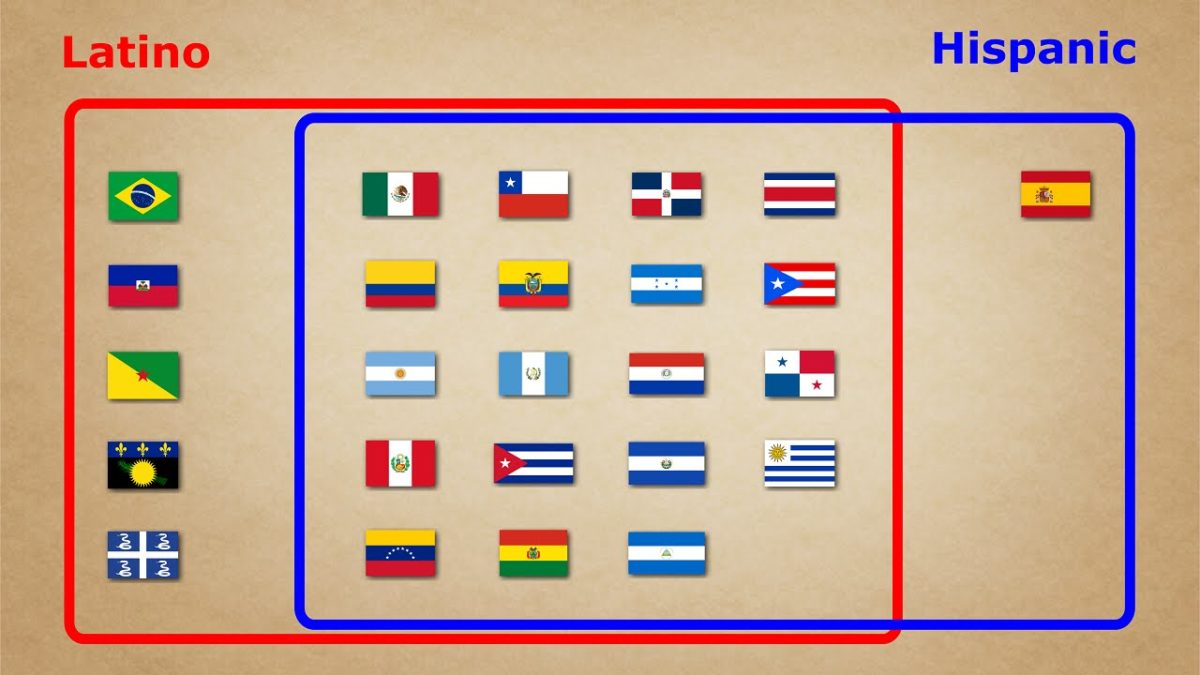What is The Difference Between Hispanic and Latino?
May 13, 2021
Accurately understanding the differences between the terms ‘Hispanic‘ and ‘Latino‘ can feel tricky to many people. There are many diverse definitions of these two terms and their interpretations vary a lot. It can be quite confusing for a person to deduce the meaning of the terms correctly.
What do the terms Hispanic and Latino mean?
The diversity of both of these terms is enormous. There are many layers to the definitions of these terms and it can be quite confusing for a person to correctly point out the difference. Broadly, Hispanic is used to refer to people with their heritage linked to the Spanish language and the Spanish speaking countries. Latino refers to people with origins from Latin American countries.
What is the difference between Hispanics and Spanish?
Apart from the confusion between Hispanics and Latinos, the difference between Hispanics and Spanish also gets frequently overlooked. Hispanics refer to people with their roots belonging to a Spanish speaking country. When we’re talking about origins, Spanish is used to refer to a person who is from Spain, i.e., their nationality is Spanish. Of course, Spanish is also the language spoken in Latin America and Spain.Are Mexicans Hispanics or Latinos?
Spain had colonized many countries in Latin America, so the people of these countries are referred to as Hispanics, as they have a Spanish heritage. For example, Mexicans, Argentinians, Colombians, among others are considered Hispanics. They can also be considered Latinos, as they are each part of a Latin American country. So going by the traditional definition, Mexicans can be classified as both Hispanics and Latinos. Mexico is primarily a Spanish speaking country so Mexicans would be considered Hispanics. And, as Mexico is a Latin American country, its people can be regarded as Latinos as well. It can be confusing to pick one term to refer to people who come from a Spanish speaking Latin American country. Technically Mexicans are both Latinos and Hispanics. Of course, this also refers to every other Spanish speaking country in Latin-America.Are Brazilians Latinos?
The term Latino is associated with the geography, which includes people from Latin America, the term used to describe the Caribbean, Central America, and South America. Brazil is located in Latin America and thus, its people would technically be called Latinos, if one goes by the traditional definition. More often than not, the term Latinos is used to describe Spanish speakers. But the fact is that not all Latinos speak Spanish. Latin America although consists of a majority of Spanish speaking countries, the Latin American population is not entirely Spanish speaking. Brazilians primarily speak Portuguese. Brazilians, therefore, would ideally be referred to as Latinos and not Hispanics. Even though Hispanics and Latinos have common elements like language, both groups are highly diverse among themselves and cannot be accurately defined by one label. Latin America is culturally and ethnically extremely diverse and classifying the people of this region under one term is a gross generalization. Although, the usage of the terms ‘Hispanic’ and ‘Latino’ is more popular in the U.S than in any other country in the world, knowing the difference between the two is crucial when you are traveling to Latin America.
Conclusion
So to get the definitions straight:- Hispanic people are referred to when their heritage is linked to the Spanish language and the Spanish speaking countries.
- Latino’s are people with their origins coming from Latin America.
Tellanto
With a remarkable track record of hosting over 250 students from diverse corners of the globe, Tellanto is an expert in the realm of student housing. Having gained invaluable firsthand experience of studying abroad, Tellanto possesses an unparalleled understanding of the information students require and the experiences they can anticipate. With this wealth of knowledge, Tellanto stands as a trusted guide, offering comprehensive support and ensuring that students' needs are met during their transformative journeys.
Related content
Interdum et malesuada fames




